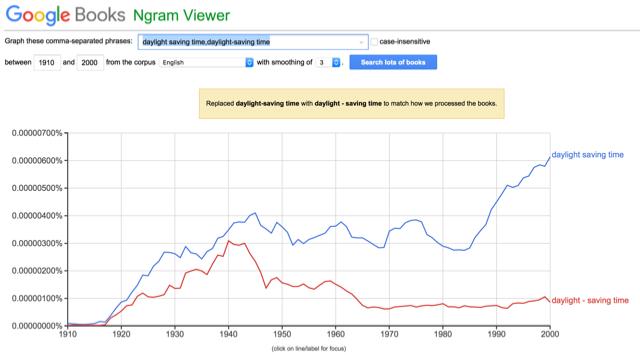In a workshop over the weekend at the Annenberg Public Policy Center, one of the presentations was based on a paper by Dan Kahan et al., "Culturally antagonistic memes and the Zika virus: an experimental test", Journal of Risk Research 2017. The abstract starts this way [emphasis added]:
This paper examines a remedy for a defect in existing accounts of public risk perceptions. The accounts in question feature two dynamics: the affect heuristic, which emphasizes the impact of visceral feelings on information processing; and the cultural cognition thesis, which describes the tendency of individuals to form beliefs that reflect and reinforce their group commitments. The defect is the failure of these two dynamics, when combined, to explain the peculiar selectivity of public risk controversies: despite their intensity and disruptiveness, such controversies occur less frequently than the affect heuristic and the cultural cognition thesis seem to predict. To account for this aspect of public risk perceptions, the paper describes a model that adds the phenomenon of culturally antagonistic memes – argumentative tropes that fuse positions on risk with contested visions of the best life. Arising adventitiously, antagonistic memes transform affect and cultural cognition from consensus-generating, truth-convergent influences on information processing into conflictual, identity-protective ones.
During the discussion, someone remarked in passing that these things are properly not memes or tropes but rather frames. What follows is a bit of idle lexicographic investigation into this terminological tangle.
Read the rest of this entry »




